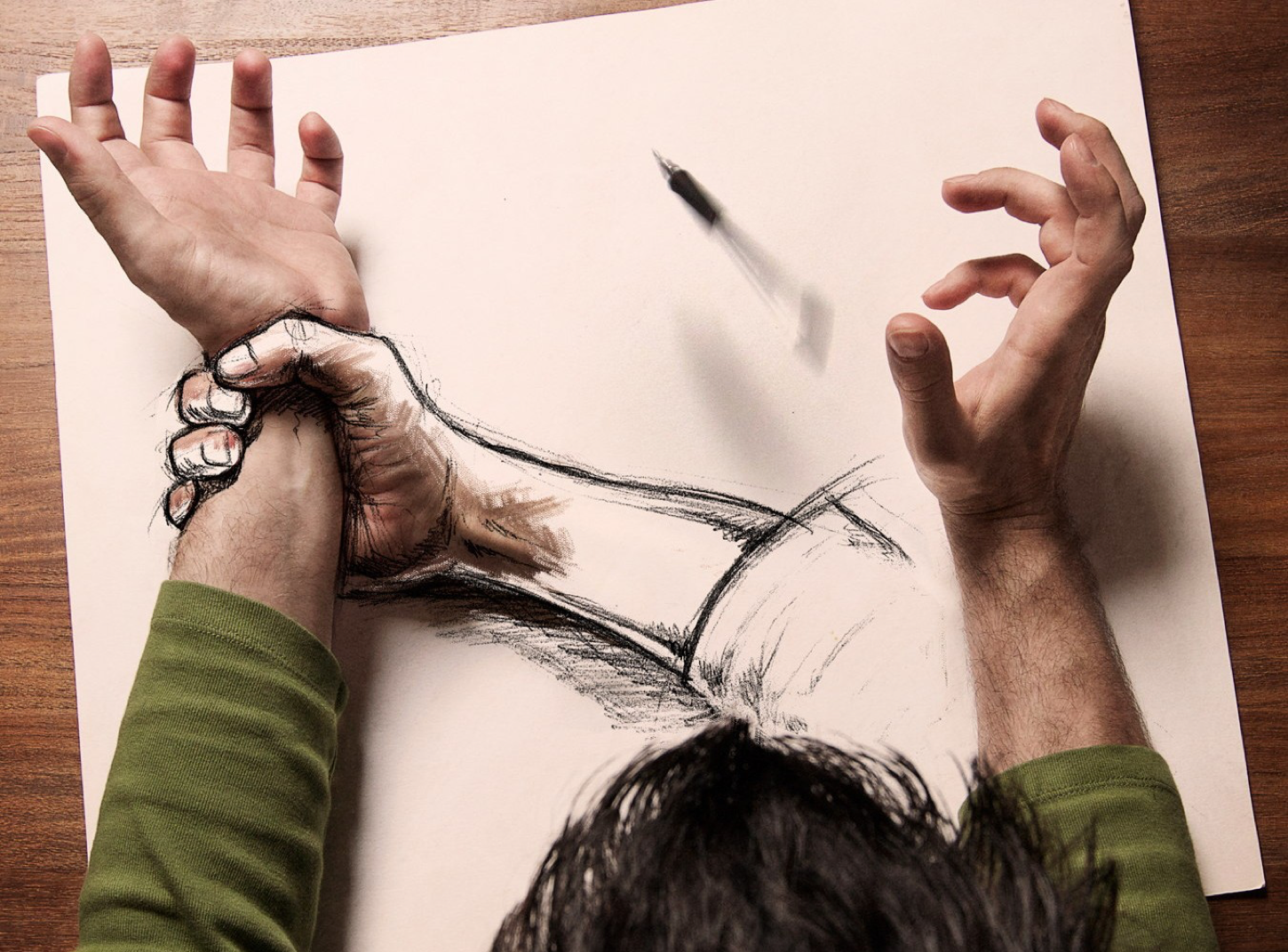
Confessions of a supervisor
I must confess, when I am supervising groups of coaches I sometimes come away somewhat disappointed. All too often the coaches come from one of two stances. They either come in ‘lazy mode’, where they haven’t reflected on their own work but come instead to ‘learn from others in the group’. If they have come with something from their own coaching practice, they often come simply with the aim of getting ideas, tips, tools and approaches for a difficulty they are experiencing with their client. They want a “how to”.
There is of course nothing wrong with either of these. Many of us learn well in groups and from the experience and observation of others. I also know myself that there have been times when I simply wanted an idea, a new approach to supporting my client. I think my disappointment as a supervisor comes from the lost opportunity. The opportunity to have really stretched themselves as a coach and me as a supervisor.
Questions for reflection
Supervision can offer so much more than group learning and “how to’s”. Before I work with one particular group of coaches I will regularly send out an email reminding them to prepare for their supervision. In it I typically offer two or three questions for reflection. One I nearly always put in, but have yet to experience a coach coming with it in mind is, “maybe reflect on what you’re NOT bringing to supervision, and bring that?”
Supervision is described in many books. Some have helpful definitions, ‘Supervision is an opportunity to bring someone back to their own mind, to show them how good they can be’ – (Nancy Kline ‘Time to Think’) or ‘The purpose of supervision is to ensure that the best interests of the coachee and the client are protected and to provide educative and restorative support to the coach – (Myles Downey ‘Effective Coaching’). Other books synthesise the functions of supervision, ‘Qualitative, Developmental and Resourcing’ (Hawkins and Smith) and ‘Normative, Formative and Restorative’ (Proctor). But what does all that mean?
Visioning
For me, supervision is the ‘super’-‘visioning’ of my work as a coach. ‘Super’ as in ‘meta’, stood back, helicopter, seeing what I can’t see when I’m in the moment, close up with my client, or wrapped up in my own patterns of practice. ‘Visioning’ as in seeing the whole, the possibilities, the potential of not only my client but of me as a coach – what are they / what am I capable of? This in itself is restorative, a release, a coming back to self. It is a freeing of the sometimes heavy responsibility I hold as a coach. Supervision might be thought of as the process by which a coach, with the help of a supervisor (who is not working directly with the client), can attend to understanding better both the client and their system, as well as better understanding themselves as part of the system … and therefore transform their work. And supervision, used well, IS transformative, not just in terms of the outcomes for our clients, but transformative in who we are as a coach.
Stretching the boundaries
I added that question about what you’re NOT bringing to supervision, from my own experience. When I trained as a supervisor I considered a number of facets of supervision in a model I created for myself. One of those aspects of supervision was ‘assurance’; a part of supervision which is often about professional rules, ethics, standards. I realised I had never, to my recollection, brought anything to my supervisor in this space. My reflections into why that might be, took me to earlier learning about self; I don’t like rules and I don’t like being told what to do. For me, boundaries are there to be stretched. Lines drawn in the sand, there to be washed away and re-drawn further up the beach. This opened up a rich vein of discovery about who I was as a coach and how I do my best work – rich work with my own supervisor.
Discovering possibility
So, when you next go to supervision don’t hold yourself back, take some time to reflect on what supervision is for you and what it might be. Reflect on what you want, what you’re getting, but more importantly reflect on what you might be missing. For that is where the real beauty of supervision lies, discovering possibility.
Steve Ridgley works with individuals as a coach and as a supervisor. If you are interested in supervision, Steve is starting a new supervision group shortly in Berkshire. As you might deduce, his work is informed by systemic thinking and by possibility. Curious? If so, you can find out more here
Read more blogs from Steve – No crash helmet required

+ 3 more
Experienced coach and supervisor, helping people find and be their best self.
Lovely article Steve! Found myself nodding a lot with your points while reading… I see those two types appearing in the various groups I am running. Agree with what coaches don’t bring but that requires a certain level of self-awareness which can develop as they gain more maturity.
Best wishes for your new group.
Very good insight into effective supervision. Thanks Steve.
I really enjoyed this and think that coaches should read it before embarking on supervision – gives an insight for coaches to some of the frustrations (and joys) of supervision and therefore might prompt them to prepare a bit better. I find that freelance coaches tend to prepare much better and ‘get it’ whilst workplace coaches and internal coaching pools tend to go through the motions a bit more and turn up willing but without direction or purpose. Sometimes they’re not that willing. but have to be there in order to tick a box for their continued involvement in the coaching pool. I’m making generalisations here of course, but the experience might resonate with others.
I totally agree with much of what you say Steve. I have used the ‘what do you NOT want to bring to supervision’ question to get coaches to think about WHY they are not bringing whatever it is – not WHAT the actual issue is. Parking the issue and the attendant emotions allows the coach to dig deeper themselves – and not just look for a solution in someone else’s issue. I have on occasion done this silently with all members of the group working independently, guided by me to explore what they KNOW within themselves about the WHY. This allows truths to emerge and acknowledging such truths provides space for change and growth. We can then as a group share the learning rather than the content – so that each person is getting something rich for themselves out of the exercise.
Thanks Peter. I agree with the point you make about the depth of self awareness. I wonder though how much more we can do to help coaches, especially new coaches, understand what being a supervisee means and how to derive real value from supervision? Thanks also for the best wishes for the group; maybe see you on the 20th at FCC?
Thanks Clare for your distinction between workplace and freelance coaches; I too have seen that, however it isn’t, as you say, that simple. There’s something the profession has yet to get right perhaps about coaches developing a better understanding of self reflection and how to do it well?
Thanks Jane. I like what you are doing, it sounds like a useful group learning.
Great article Steve – thought provoking and helpful